Perfect Days Ending Explained: Kōji Yakusho On Hirayama's Connection To Komorebi
Summary Hirayama's simple life in Tokyo shows that contentment comes from within, not external achievements like wealth or status.
"Perfect Days" highlights the beauty in everyday moments and the importance of finding joy in simple pleasures and nature.
The ending of the movie reflects the complexity of human emotions, showing that happiness and sadness can coexist in life.
Perfect Days is a beautiful, bittersweet, but ultimately joyful movie with an ending that, when explained, reveals the humanity in kindness and relationships. Wim Wenders, director of the acclaimed music documentary Buena Vista Social Club, the Western drama Paris, Texas, and many more celebrated movies, directed Perfect Days in 2023. While Wenders may not be in the highest echelons of European directors, he's still an incredible and fascinating moviemaker, with dramas like Perfect Days to prove it.
The movie is set in Tokyo, Japan, and follows Hirayama (Kōji Yakusho), a public toilet cleaner in the Shibuya ward, an upscale neighborhood of the Japanese capital. Despite what may appear as a low station in life, Hirayama appears perfectly content. He takes his work seriously, but he doesn't let it consume him. In his free time, Hirayama enjoys music, reading, and gardening. Nothing really happens in Perfect Days and yet its story, tied up by a moving ending, shows more about the human condition than other films with higher stakes.
Perfect Days was nominated for Best International Feature Film at the 2024 Academy Awards.
Related Netflix’s 10 Best Live-Action Japanese Shows, Ranked Netflix offers a diverse array of content from Japan, but its live-action TV series stand out as some of the platform's top offerings.
Hirayama Spends Two Days With His Neice Niko
Niko Has An Unexpected Visit With Her Uncle
Towards the end of Perfect Days, Hirayama's niece Niko (Arisa Nakano) unexpectedly comes to visit him. Hirayama did not know she was on her way but is happy to see her nonetheless, even after Niko reveals she ran away from her wealthy home and her mother, Keiko (Yumi Asō), Hirayama's estranged sister. Niko and Hirayama spend the next two days together, experiencing simple pleasures like riding bikes and photographing trees in the park.
Niko does not confront Hirayama about his job and inquire why he works for little money while his sister earns so much. They just enjoy life.
There is no moment of realization for Niko when she realizes she needs to go home. Hirayama does not have a heart-to-heart with his niece about Keiko, nor does Niko confront Hirayama about his job and inquire why he works for little money while his sister earns so much. They just enjoy life. Hirayama offers Niko respite and, in return, he asks for nothing, because he is content with his life and understands that someone like Niko, even with her upper-class background, would benefit from some peaceful simplicity.
Keiko Arrives To Pick Up Niko And Tells Hirayama Their Father Is Dying
Keiko And Hirayama Have A Brief But Moving Embrace
Niko can't stay with her uncle forever, and eventually, Keiko arrives to retrieve her daughter. It's a cold meeting between brother and sister, and there's the feeling that perhaps Keiko is looking down on Hirayama, particularly after she asks if a public lavatory cleaner is all he aspires to be. However, the lines between who is right or wrong become blurred when Keiko asks Hirayama if he ever intends to visit their dying father.
It's Keiko who has clearly been in contact with their father and been with him through their father's sickness. So, while Hirayama does have pride and happiness, just like kind, good people in real life, he's not perfect. However, Hirayama is always trying to be a good person and when Keiko is about to leave, he embraces his sister and cries after she drives away. Hirayama may not have a strong relationship with his family, but at least he recognizes this failing and is working to mend at least one of his relationships.
Hirayama Walks In On The Restaurant Proprietor In The Arms Of Another Man
Hirayama Is Disappointed To Learn Someone He Likes May Have Another Man In Her Life
One of Hirayama's friends in Perfect Days, and one of his few relationships that approaches something romantic, is with "Mama" (Sayuri Ishikawa), the owner of a restaurant he frequently visits. Mama and Hirayama gossip most nights and while nothing ever romantic happens between them, it's maybe the only longing the content Hirayama shows. Towards the end of the film, Hariyama sees Mama hugging another man in the restaurant, and he leaves, dejected.
Hirayama smokes and drinks by a river bank, trying to drown his sorrows, only to be approached by the man from the restaurant who asks for a cigarette. The man reveals that he is the restaurant owner's ex-husband, and he was coming to say goodbye and make peace after learning he was diagnosed with cancer. He asks that Hirayama take care of her after he's gone, a promise Hirayama solemnly agrees to. Moments of happiness and relief tinged with sadness and loss are major themes of Perfect Days.
Kōji Yakusho On Hirayama's Connection To The Idea Of "Komorebi"
Komorebi Is The Concept Of Being Content With One's Life
There is a concept in Japanese culture called "komorebi", which directly translates to "sunlight filtered through trees". It's a beautiful and nostalgic image — soft, yellow light pours poking down through the leaves of a forest, or a grove, or maybe a solitary tree in one's childhood yard. It could be easy, glowing morning light, mid-afternoon light whose harshness relents under the canopy, or the evening rays as the sun begins to set, giving one last moment of illumination to the world under the trees.
"Komorebi" connotes a contentment with oneself and with nature. Hirayama frequently looks upward in Perfect Days, enjoying the sun through the trees and the life he's made in its rays. It's a significant theme that Kōji Yakusho has spoken about, telling MovieWeb,
"Partway through shooting the film, Wim gave me a memo which explained a much deeper relationship between the komorebi and Hirayama. And so the moments where Hirayama would look up and smile and see this komorebi made a lot more sense. It wasn't just the komorebi, though. It was also just trees in general, or just sunlight in general. Really, all the gratitude that he felt for all of that was really important."
Hirayama and komorebi were closely entwined for the movie, and their relationship was always a significant thread in Perfect Days. In an interview with Deadline, Yakusho said,
"...the working title was Komorebi or Perfect Days. So, it had always been a huge presence."
Komorebi is a core concept of Perfect Days, symbolizing the idea of being happy with what's been given, one of Hirayama's defining characteristics. The fact that the slow-paced Perfect Days is not a saccharine or dull movie is a testament to Wenders' thoughtful direction and Yakusho's affecting acting.
The Real Meaning Of Perfect Days' Ending
Hirayama Experiences All Feelings And Emotions
Close
Hirayama does not have a perfect life. He's a solitary man. His work is what some people may refer to as menial. Yet, through komorebi, Perfect Days shows how beautiful life can be no matter what it may look like to an outsider. However, komorebi and Perfect Days do not try to say that everything is great all the time. Komorebi is not some form of toxic positivity where everything must be great and enjoyed. Sadness is a vital part of both komorebi and the film.
At the very end of Perfect Days, Hirayama begins his work week just as he has many times before. He turns on his cassette player just as he has many times before. As he's driving, a wave of emotions crash over his face. Sadness, happiness, frustration, joy, and love all come across as he thinks of some unknowable thing. He's not a simpleton who only understands happiness nor is he sad about his loneliness. He's just a human, willing to accept the emotions that come with that, whenever they arrive.
Perfect Days is available to rent or buy on Amazon Prime Video.
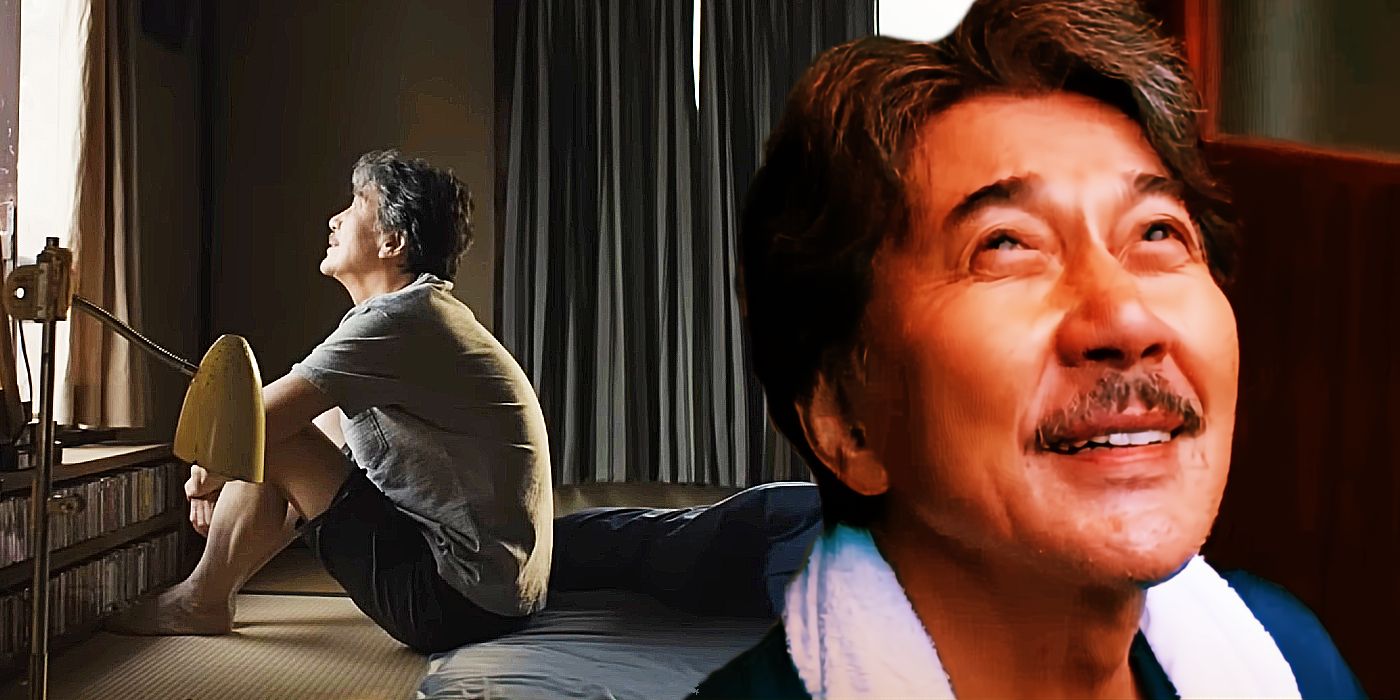

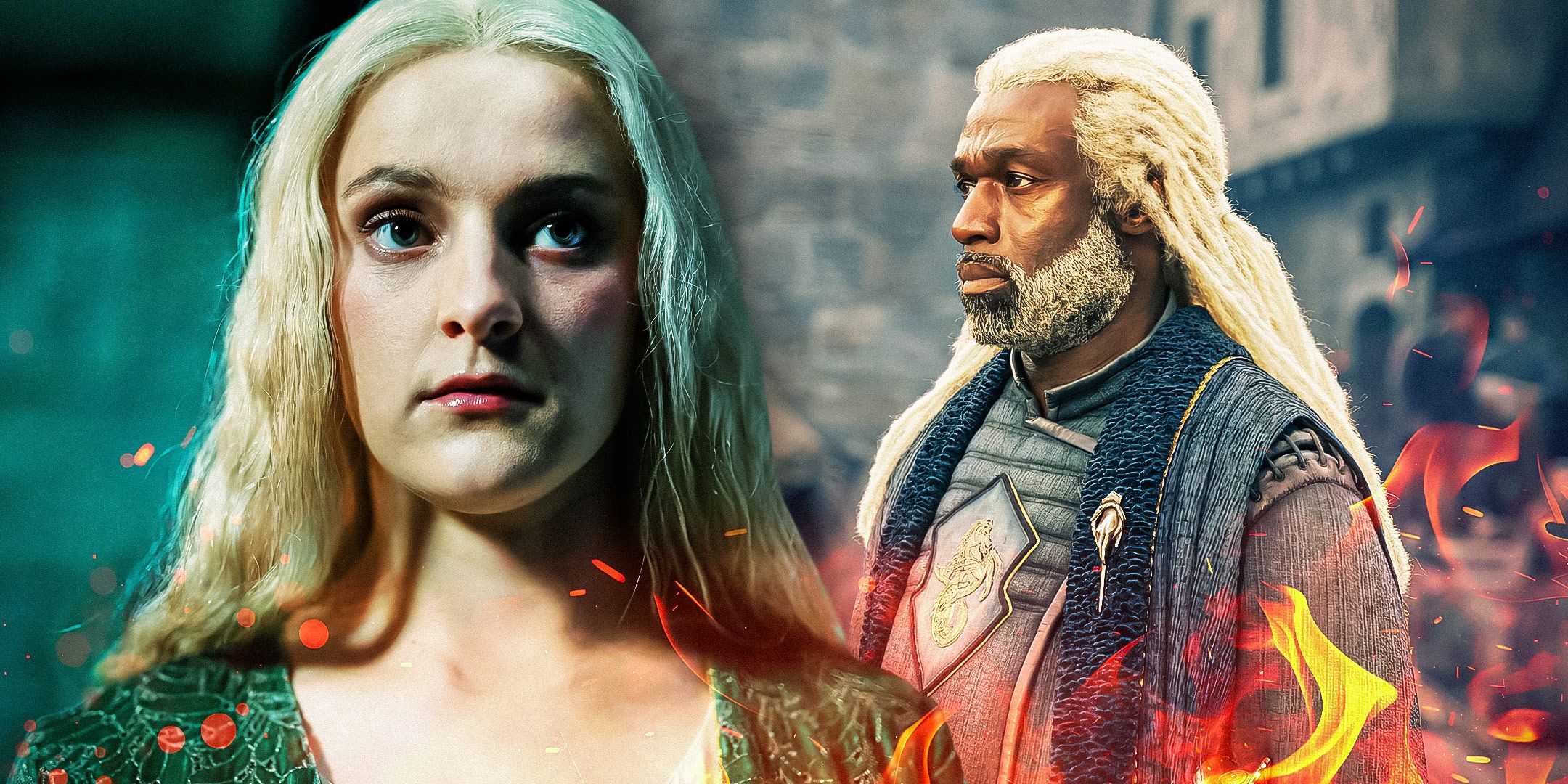
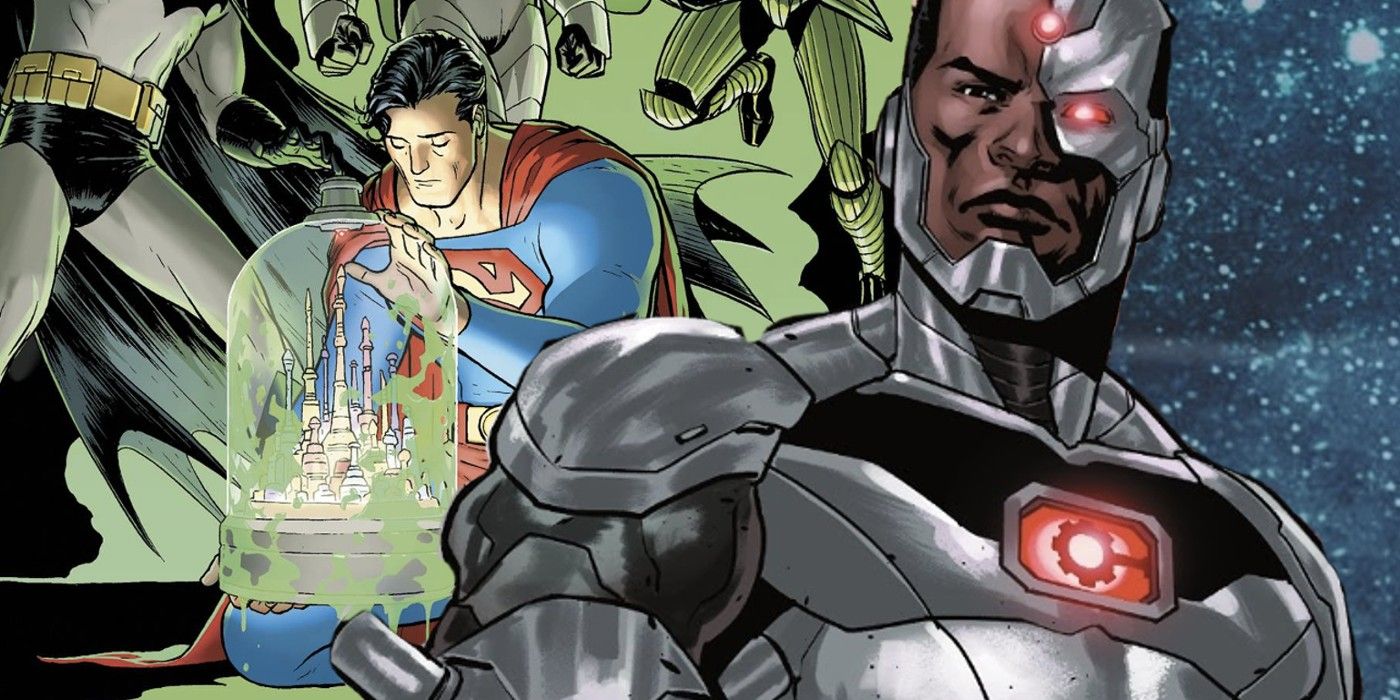
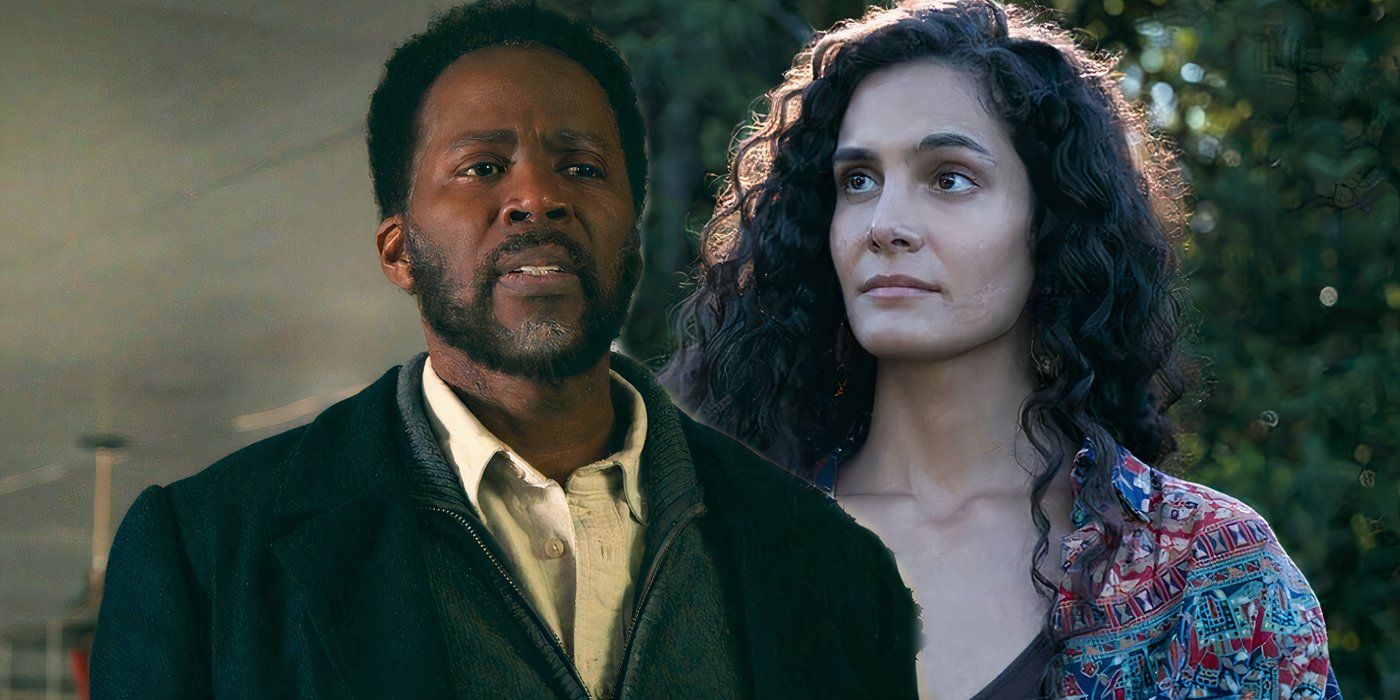

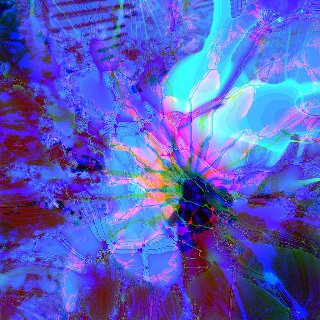

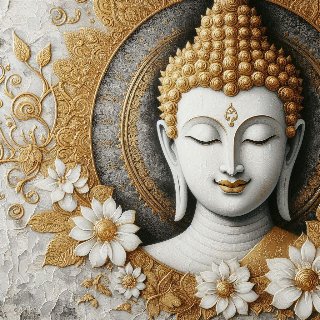
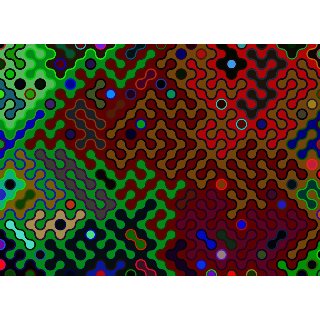
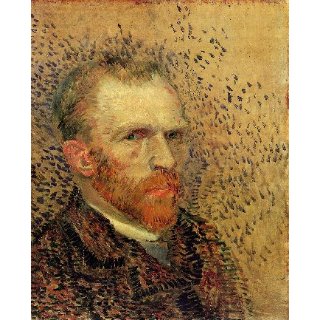
COMMENTS